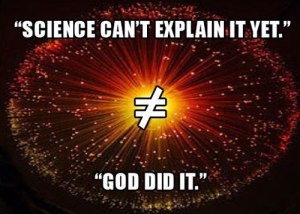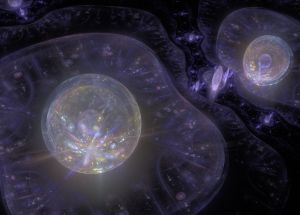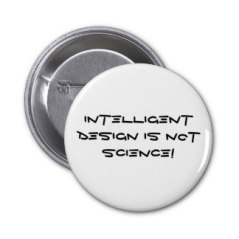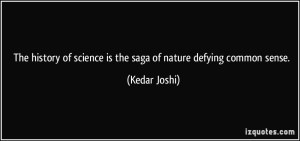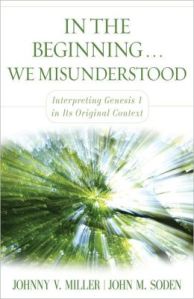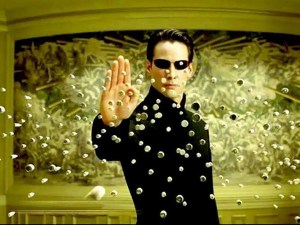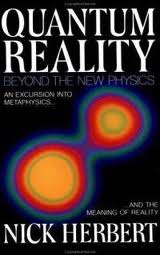 Scientists could never discover that free will does not exist via scientific experimentation, because in a deterministic world, the result of the experiment would, itself, be determined. The conclusion that there is no such thing as free will would not be arrived at because the scientists chose to set up the experiment in a good way and reasoned correctly about the data they received. Instead, physics would determine both the study’s structure and conclusions. As such, the conclusion cannot be trusted.
Scientists could never discover that free will does not exist via scientific experimentation, because in a deterministic world, the result of the experiment would, itself, be determined. The conclusion that there is no such thing as free will would not be arrived at because the scientists chose to set up the experiment in a good way and reasoned correctly about the data they received. Instead, physics would determine both the study’s structure and conclusions. As such, the conclusion cannot be trusted.
Even if determinism is true, this truth would not be “discovered” by the experiment, but “determined.” Discovery requires the exercise of free will. That’s why all such experiments are self-defeating. They can only be informative if free will exists. And if the will must be free for the experiments to be informative, there is no point in doing the experiment. You already know the answer before you begin: free will exists.
 Based on my research, if you have been infected with COVID-19, there is no good reason for you to get vaccinated. Getting Covid provides you with a natural immunity to future reinfections that is thousands of times more effective than the immunity conferred by the vaccines. Also, the vaccines fare no better than natural immunity at preventing the transmission of Covid. Let me explain.
Based on my research, if you have been infected with COVID-19, there is no good reason for you to get vaccinated. Getting Covid provides you with a natural immunity to future reinfections that is thousands of times more effective than the immunity conferred by the vaccines. Also, the vaccines fare no better than natural immunity at preventing the transmission of Covid. Let me explain. Could the human population have originated from two people? Many say science has proven this to be impossible and are reinterpreting the Biblical narrative to fit the current scientific thinking. In this
Could the human population have originated from two people? Many say science has proven this to be impossible and are reinterpreting the Biblical narrative to fit the current scientific thinking. In this 

